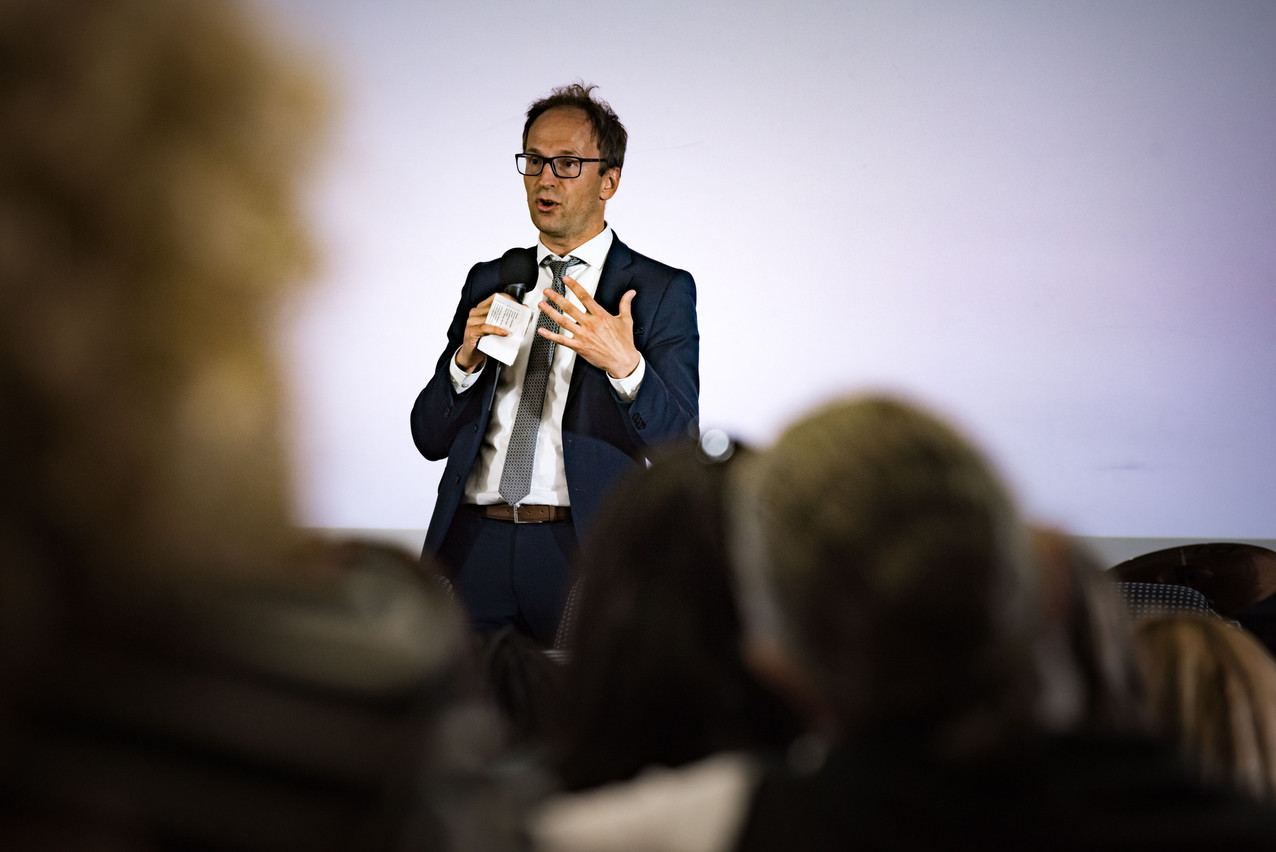Bringing your industry to 4.0: what are the main challenges?
. – “Only 13% of businesses globally (and this applies to any country, as it does to Luxembourg) have realised the full impact of their digital investments, enabling them to achieve cost savings and create growth. The optimal mix of technologies could save large companies globally up to $16 billion.
While executives may not want to hear it, most industries will need to remake themselves. Companies that continue to operate within the usual guardrails will eventually find themselves in deep trouble.
We see six forces responsible for industry change:
1. The always-on, hyperconnected consumer’s search for personalised products and experiences.
2. The growing imperative for higher productivity and to do more with less
3. The challenge of digital disruption, which is blurring industry boundaries and upending markets at a rapid pace.
4. The drumbeat to ‘go green,’ long a mantra but now increasingly a reality.
5. An evolution of business ecosystems, where established companies must work with, not against, startups, competitors and customers.
6. And the politics of economics, in which long-held views on trade and internationalism are strongly challenged resulting in new regulations.
Industry 4.0, a miracle solution for all types of industrial companies?
“Indeed. Let’s take few examples:
Automotive: Taken together, these trends – connectivity, autonomous driving, the sharing economy and electrification – have the potential to fuel a growing market for mobility services in the future. Accenture research shows that by 2030, traditional automotive sales will grow marginally to $2.2 trillion. In contrast, revenues from mobility services will soar to over half of that at $1.3 trillion during the same period.
Manufacturing: Industrial equipment companies are facing unprecedented challenges today. Customer engagement no longer hangs on competitive prices and diligent maintenance. Technology is creating discerning customers; they want smart, pay-per-use industrial equipment they can operate remotely from an office rather than an underground mine or a drilling rig. It shouldn’t come as a surprise then that they prefer to crunch data to figure out how to optimise operations or when to repair equipment before any breakdowns, saving on unplanned downtime.
Chemicals: Chemical companies are facing enormous challenges. Trade and taxes have become more complex with uncertain policies and stringent government regulations.
Competition has become fiercer, while the talent pool of engineers and factory workers has got scarcer. And the notion of circular economies has become popular with customers today and made them more aware and critical of how chemicals are made, used, recycled or disposed. As a result, sustainability and circularity are no longer discretionary – they now determine competitive advantage and form the basis of business transformations.
On the supply side, industrial equipment manufacturers are hamstrung by volatile prices of raw materials, an acute shortage of skilled engineers and factory workers, and looming uncertainties of global trade wars.
Is the employee profile changing radically in Industry 4.0?
“Yes, a future employee needs to grasp and understand and cope with today’s highly complex equipment, processes and products. At the same time, latest systems can keep the employee safe and healthy while at work. Industry 4.0 technologies can also help do more with less and be more productive than before.
The Digital Industrial Workforce is an approach to drive a safer, more productive, and more effective industrial workforce. Through the use of next-generation solutions – such as augmented reality and virtual reality (AR/VR), mobility, Internet of Things (IoT), and advanced analytics –, industrial companies can automate and streamline plant- and asset-related work.
In addition, Digital Industrial Workforce uses smart IoT-enabled devices to achieve increased levels of personal safety and operational performance by eliminating waste and non-productive tasks, protect workers and equipment from accidents and security incidents, business from contractor costs, operational risks and liability, machines from failures, and projects from cost – and time overruns. It can also enhance workers training experience and productive time and improve workers innovation culture, and the company’s efficiency.”
